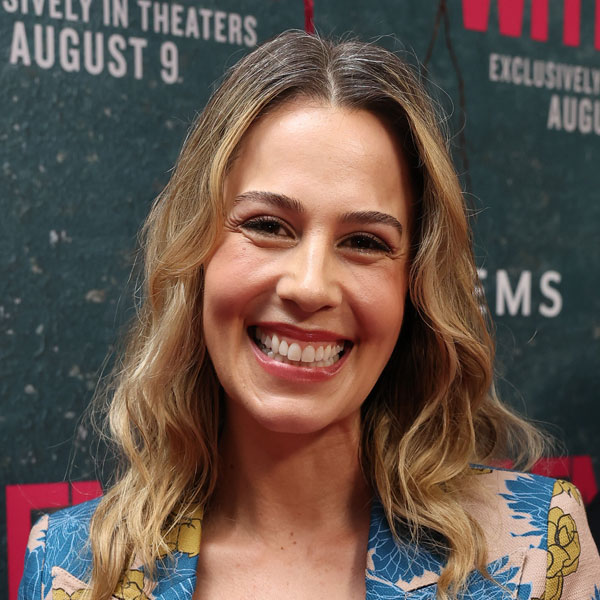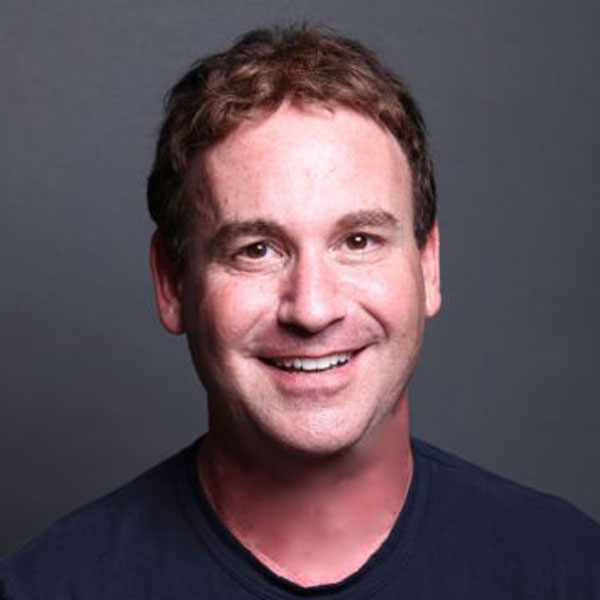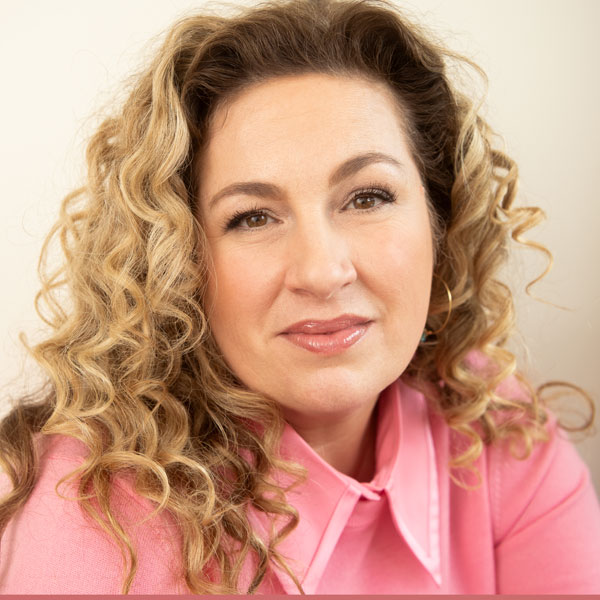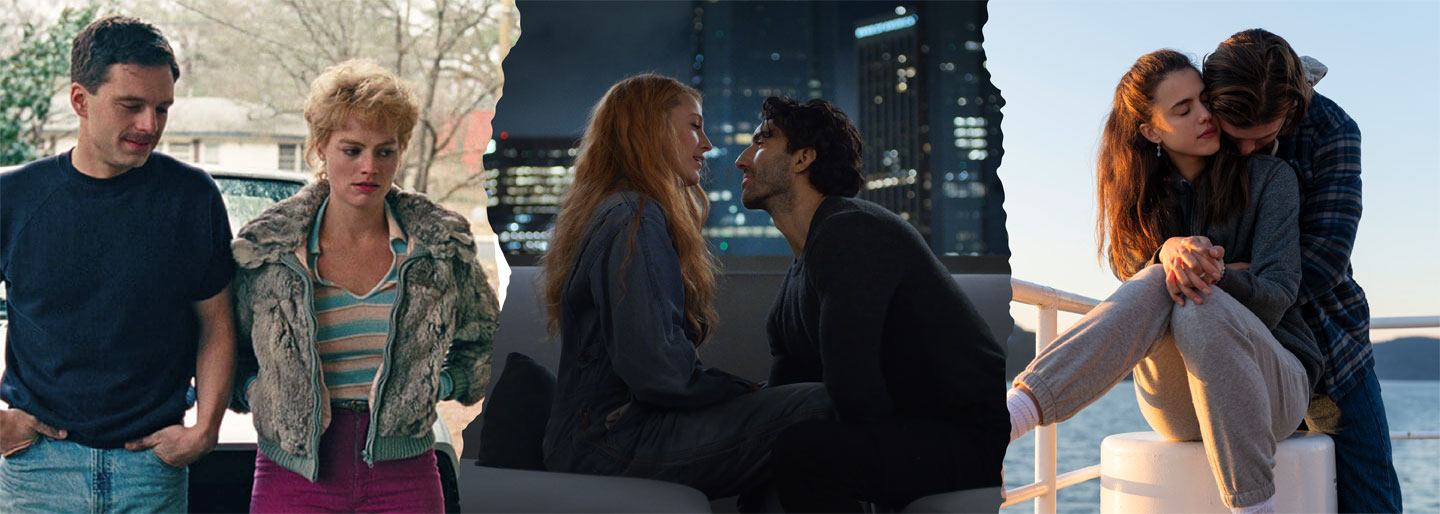Note: The following story contains descriptions of acts of domestic violence in the film It Ends with Us, I, Tonya and Maid.
Films and TV shows that seek to accurately depict domestic violence face myriad challenges. This past summer’s hit It Ends With Us, adapted by Christy Hall from Colleen Hoover’s bestselling novel, has been both praised and critiqued for its story of an apparently perfect romance that turns horrifying, and the effort required to walk away. And that’s fine with Hall.
 It Ends With Us screenwriter Christy Hall.
It Ends With Us screenwriter Christy Hall.“I believe that stories are meant to shape society and spark conversation,” she says. “Sadly this reality is very pervasive in our culture, and a lot of art has already been made around this subject matter. It Ends With Us now exists, but certainly I don’t think the conversation is over.”
Amanda Kippert, editor-in-chief at DomesticShelters.org, has yet to see It Ends With Us, but agrees with Hall’s point. “There’s never going to be one story that encompasses everyone’s experience with domestic violence. Every situation is so vastly different.”
Domesticshelters.org is one of the largest non-profits related to domestic violence in the U.S., providing an online directory of shelters throughout North America as well as news and information about domestic violence.
In 2022, the organization asked survivors in its Facebook group to crowdsource a list of titles that they felt accurately represented their experiences. Other publications, including Everyday Health, have turned to experts and advocates to suggest shows and films that will help survivors feel less alone, and help other viewers understand and empathize with their experience.
WGAW member Steven Rogers was pleasantly surprised to learn his 2017 film I, Tonya was on such a list. The film used inventive methods of depicting Tonya Harding’s story from her perspective, as well as that of her ex-husband Jeff Gillooly and mother Lavonna, both of whom she says abused her. Rogers interviewed them all at length, and based the script on “irony-free, wildly contradictory, totally true interviews,” as a title card says.
 I, Tonya screenwriter Steven Rogers. Photo by David Zaugh.
I, Tonya screenwriter Steven Rogers. Photo by David Zaugh.“When Tonya was telling the story, we saw her story. When Jeff was telling his version, we saw his version,” Rogers explains. “But she did say to me, ‘My mom hit me, she loved me; Jeff hit me, he loved me.’ That’s what she knew, and that’s what she went back to, because it felt like home, unfortunately. And that sounded very true to me.”
During scenes of domestic violence, Tonya breaks the fourth wall, looks at the camera, and matter-of-factly discusses what’s happening to her.
I, Tonya earned Rogers a nomination from the Writers Guild Awards for Original Screenplay in 2018. But at the time of release, “I do remember this one review that came out, where we were accused of laughing at domestic violence,” Rogers recalls. “It was such an idiotic response, in my opinion. No one laughs at that. Why would you think that’s what we’re trying to do? So it’s nice to hear that the tide turned and it’s being cited as an example of good storytelling.”
Strong Survivors
I, Tonya upends one of the more pernicious stereotypes, that survivors are weak women. “Survivors are not weak,” Kippert says. “These are the strongest women out there, and I’d really like to see more portrayals like that.”
That’s one reason Hall aged up Lily and Ryle, the leads in It Ends With Us. She wanted to establish Lily as a strong, smart, confident, successful woman whom viewers couldn’t discount for being too young to establish boundaries or recognize her situation. Hoover, who has said the book was based on her own experience, gave her blessing to make such changes.
The film, like the book, starts out as a fizzy romance, “and then slowly but surely, you realize that Lily is this frog in boiling water,” Hall says. She was determined to adapt the scenes of domestic abuse without “fetishizing” them, working closely with producer-director-star Justin Baldoni, whose Wayfarer Studios acquired the rights to the book, and No More, a coalition committed to ending domestic violence.

It was all about trying to keep us in Lily’s point of view, in order to breed empathy and compassion for what the survivor’s road can actually feel and look like.
- Christy Hall
The first moment of physical abuse starts with a mishap in the kitchen around a burnt frittata; Lily ends up with a black eye. In the book, it’s plain that Ryle hit her. But Hall realized that such clarity wouldn’t work that early on; audience members unfamiliar with the realities of domestic violence would wonder why she stays, a judgment that only shames survivors.
She solved that dilemma by confusing Lily, as well as the audience. The event occurs so quickly, along with a broken dish and Ryle’s injured hand, Lily isn’t sure what exactly happened. “We get gaslit,” Hall says, “because we’re trying to protect the love story.” Subsequent acts are also fast and unclear, until the turning point, when Ryle attempts to rape Lily on the couch, and the truth floods in. All the moments that Ryle had told her were accidents are replayed, and Lily, and the audience, finally see each as it truly occurred.
Even then, Hall chose not to emphasize the violence itself as much as the rage behind it. “That was all very intentional, and it was all about trying to keep us in Lily’s point of view, in order to breed empathy and compassion for what the survivor’s road can actually feel and look like.”
Heartbreaking Reality
Molly Smith Metzler also stayed with the perspective of her protagonist, Alex, in creating the Netflix limited series Maid. Loosely based on Stephanie Land’s memoir Maid: Hard Work, Low Pay, and a Mother’s Will to Survive, the show focuses on emotional abuse, which is rarely depicted onscreen.
 Maid screenwriter Molly Smith Metzler. Photo by Mariah Tauger.
Maid screenwriter Molly Smith Metzler. Photo by Mariah Tauger.Metzler and her writers consulted with an attorney to make sure the Washington state court scenes were accurate. “Emotional abuse is not considered domestic violence,” she says. “This floored me, because reading the memoir and adapting it for the screen, what she goes through is explicit abuse.”
She also worked with the Jenesse Center, an emergency shelter in Los Angeles. “They let me go through the intake process as if I were showing up in the middle of the night in need of emergency help,” she says. “I did not understand how large the spectrum of emotional abuse is, and how many people at a shelter don’t come in physically beat up, they come in emotionally beat up, how common it is, but there’s not a lot of vocabulary around it.”
The writers then created an emotional vocabulary to help viewers relate to Alex’s state of mind. As she scrapes to earn money to take care of her daughter, we see onscreen tallies of incoming and outgoing funds. “It’s a horror show, that ticking down,” Metzler says. “I thought that was a really useful solve we had, to put those numbers on screen and at top of mind all the time.”
Metzler also shared drafts and cuts with the National Domestic Violence Hotline. After the show came out, the hotline received the most calls they’d ever received in a one-month period. The writers won the 2022 Writers Guild Award for Adapted Long Form.
“Maid made me feel to my core so sad for this character, because it’s so realistic,” Kippert says. “People who’ve never been through it, or who aren’t exposed to it in some fashion, are undereducated about the nuances of domestic violence, and the fact that so much of it is non-typical. Financial abuse is recorded in almost every case of domestic violence. When there’s physical abuse, there’s financial abuse. When there’s sexual abuse, there’s financial abuse. When there’s emotional abuse, there’s financial abuse—because they know that’s the number one thing that’s going to keep survivors trapped with them.”
The Reckonings
The “happy ending” in It Ends With Us, in which Lily is able to extricate herself from Ryle without a fight, has received some criticism. But the scenes of love-bombing, escalating control, abuse and gaslighting from an apparently wonderful man have all been praised. “I can’t tell you how many survivors I’ve interviewed who start their story with, ‘He seemed like my Prince Charming,’” says Kippert. “Now that phrase kind of turns my stomach, because I think that’s exactly what they’re trying to do.”
Hall praises Sony Pictures for partnering on what was initially a little indie film. “It’s brave to make a big glossy studio movie, with all the wish fulfilment to it that big movies like this have,” she says. “Everyone’s beautiful, wearing pretty things, and living in these aspirational homes, and yet, as we start to peel back the layers of the story, it’s actually about something that’s very prevalent in our culture, but that’s very uncomfortable, that we don’t want to talk about.”
“This is why I’m pursuing this art form,” she says. “Because I believe art saves lives.”






